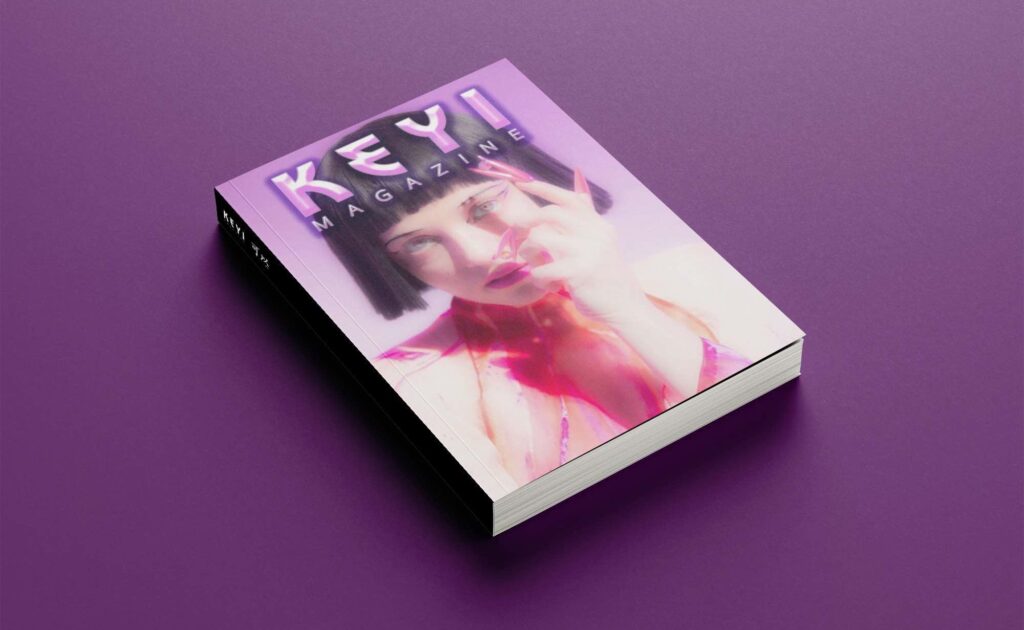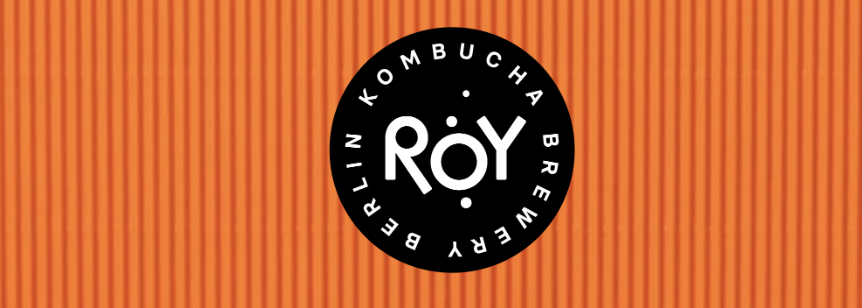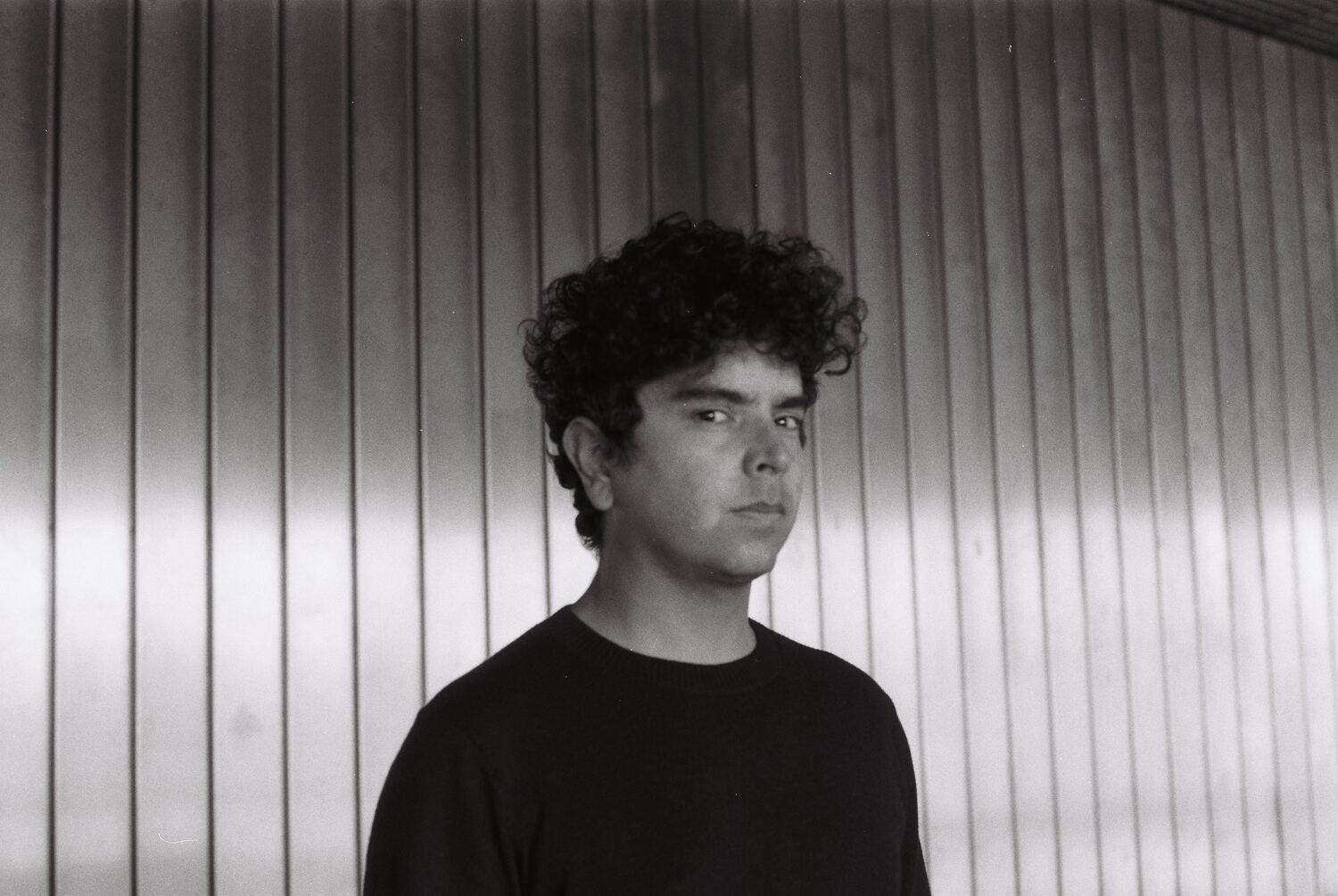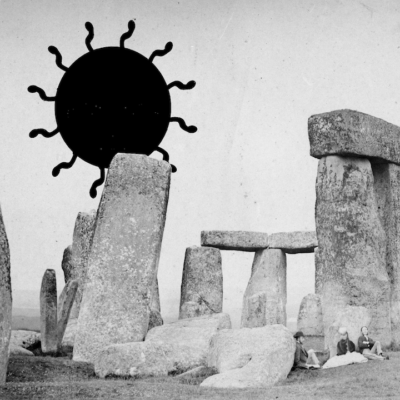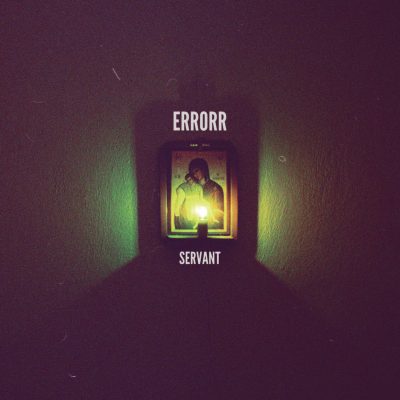Ramón Daniels, better known as Machino, is a Mexican electronic music producer from Tijuana, now based in Los Angeles. With roots in punk and over a decade of experience, his sound blends techno, EBM, and industrial influences.
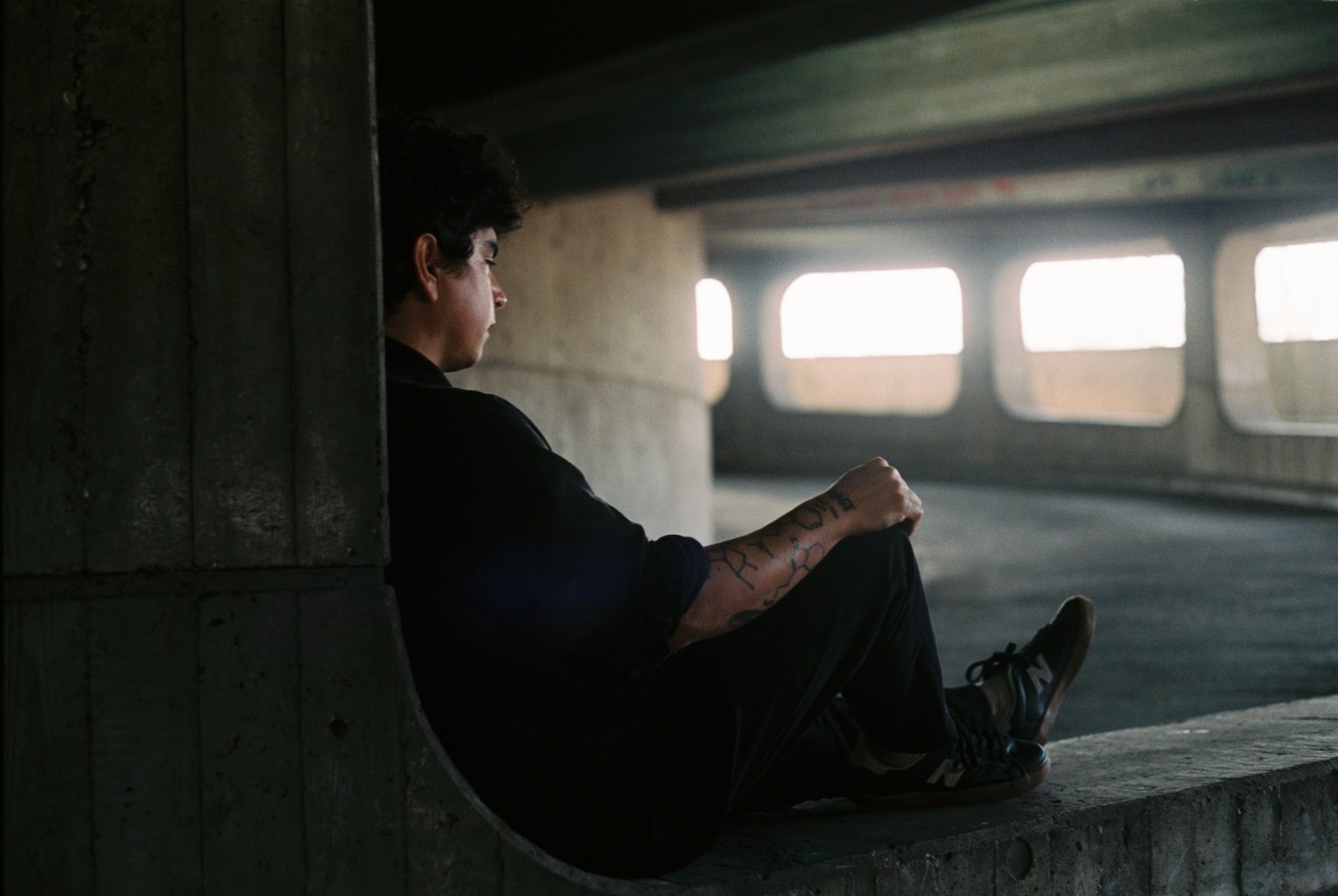
He has released music on respected labels like Tresor (featured on Helena Hauff’s Kern compilation), X-IMG, 99cts Records, and New York Haunted. His energetic live sets have taken him to stages such as Sónar, MUTEK, and Boiler Room.
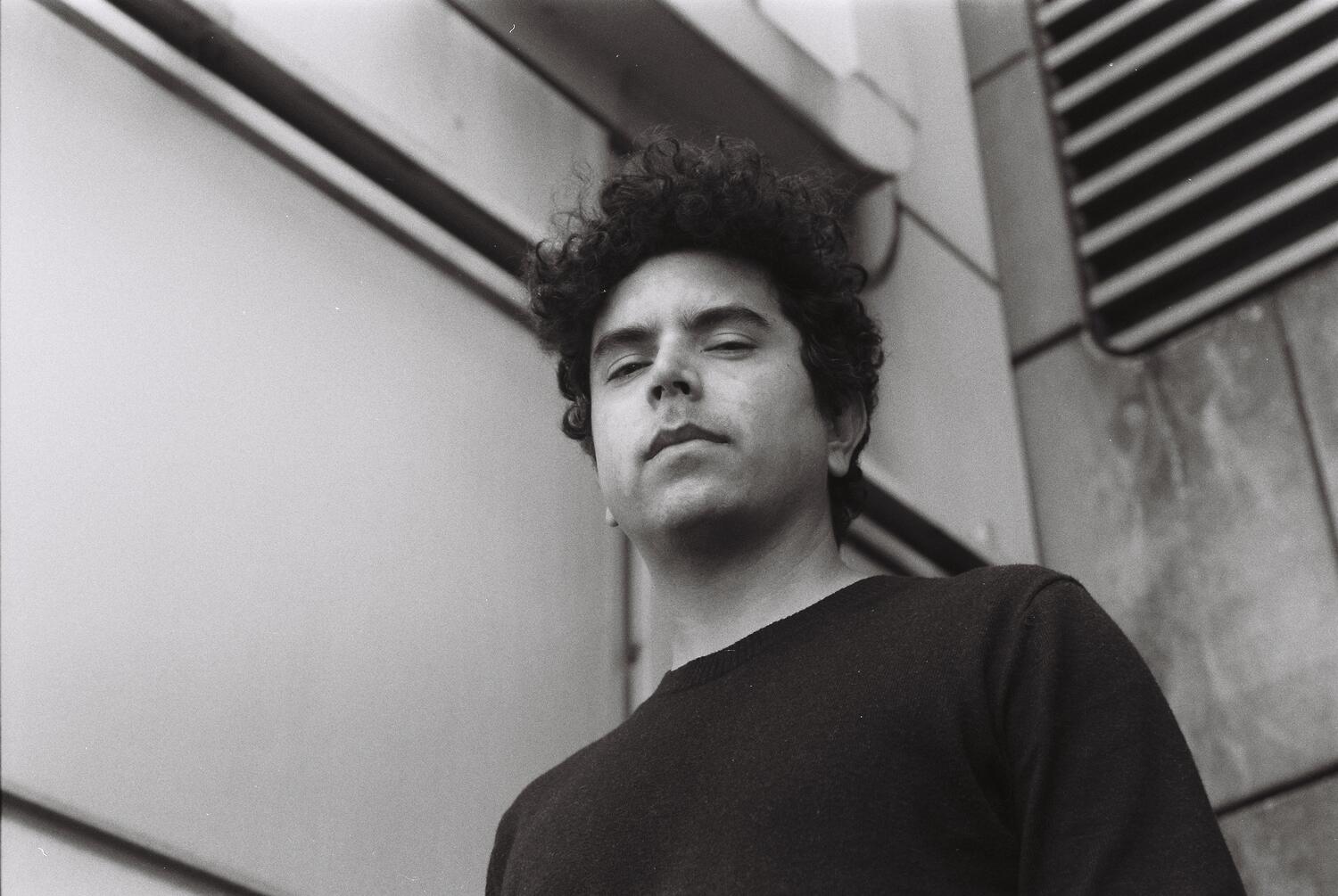
You grew up in Mexico. Which Mexican artists had the biggest influence on you when you were a teenager and who do you listen to now?
More than focusing on where artists were from, I mostly listened to music in Spanish because I barely spoke English at the time. We didn’t always know or care what country a band came from. One that comes to mind is Mecano.
Some Argentine artists like Gustavo Cerati and Luis Alberto Spinetta still resonate with me today, even if it sounds like a cliché answer. I’m not trying to name an obscure artist just to seem interesting.
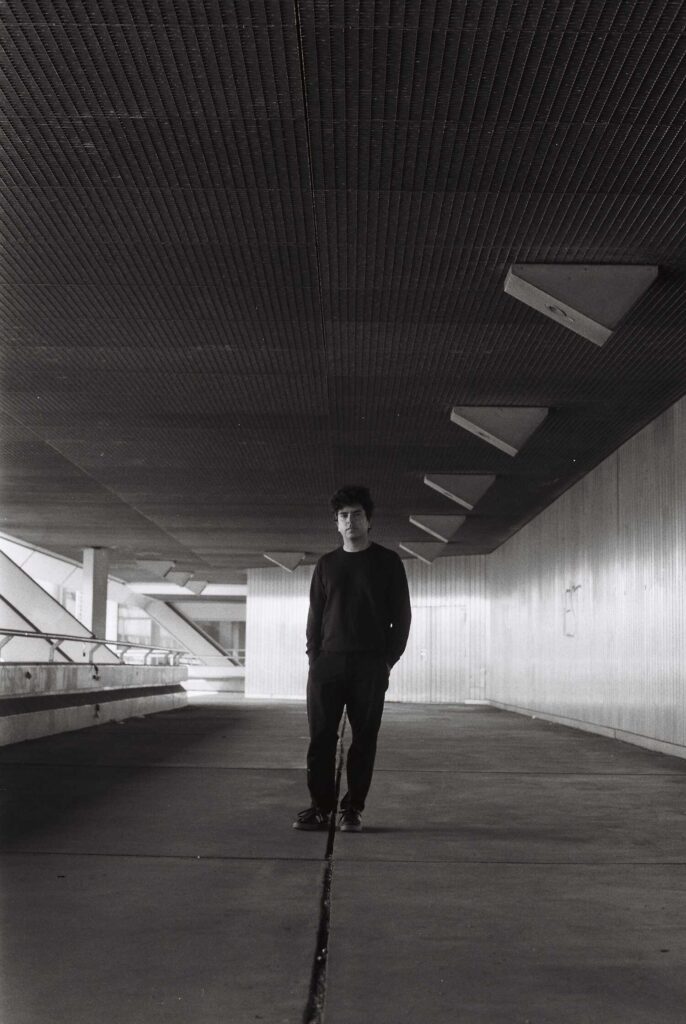
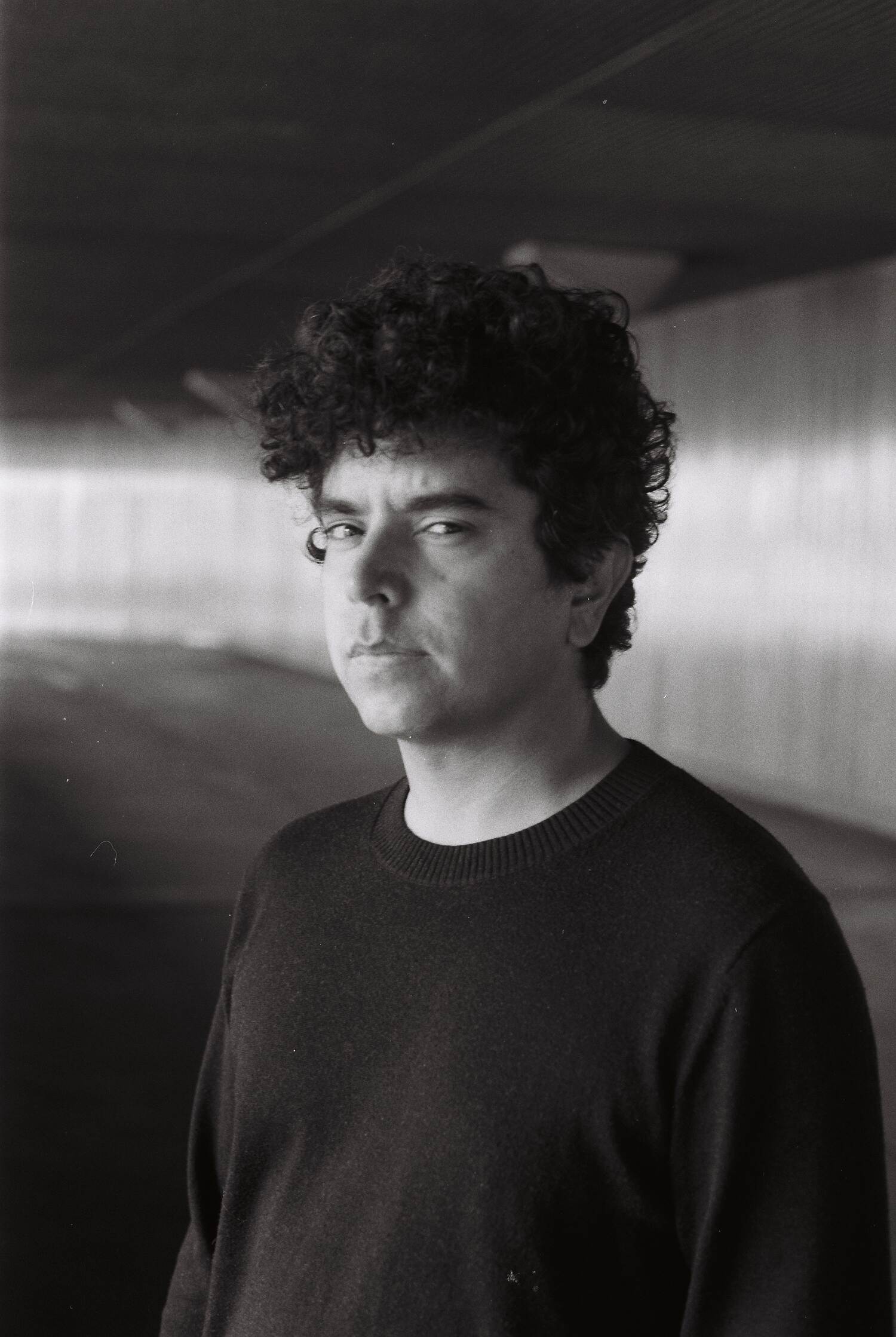
These days, I listen to a lot of ’60s bands like 13th Floor Elevators, Cream, and Os Mutantes. Also more pop and experimental like Kate Bush and My Bloody Valentine.
Your tracks gradually moved away from syncopated, melodic techno toward sinister, detuned body music. What is it about dark electronic music that drew you in and has had you hooked ever since?
I’ve always been into darker sounds. As a teenager, I played in hardcore and metal bands, so that energy has always been part of me. I like to think I’ve evolved into a more mature version of that energy, whether that is true or not. That is the goal at least.
My father passed away recently, and I stopped making music for a while. I didn’t feel like doing anything related to sound. But now that I’m back, I find myself leaning into more nostalgic, melancholic music, trying to make things that feel more meaningful.
Eventually, I’ll probably return to more mellow sounds. It all comes in waves depending on where I’m at emotionally.
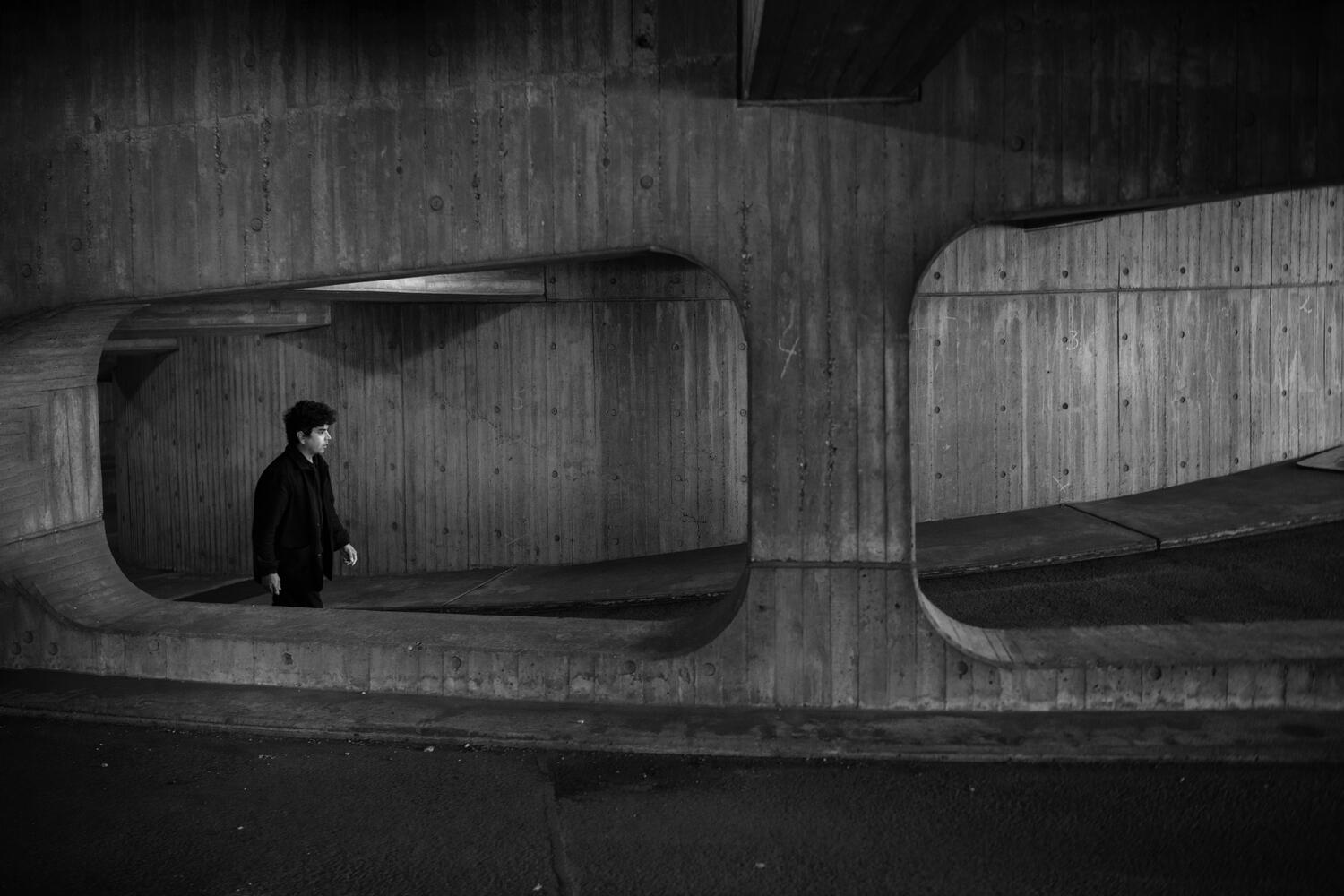
Whose music has the power to move your body in a club?
Recently, Atom blew my mind. I saw him years ago at Mutek and it was so psychedelic in such a strange, specific way that it is hard to describe or label.
Others I have really enjoyed lately are Filmmaker, Aurora Halal, Andy Stott, and Tomás Urquieta. They all bring something visceral and unique.
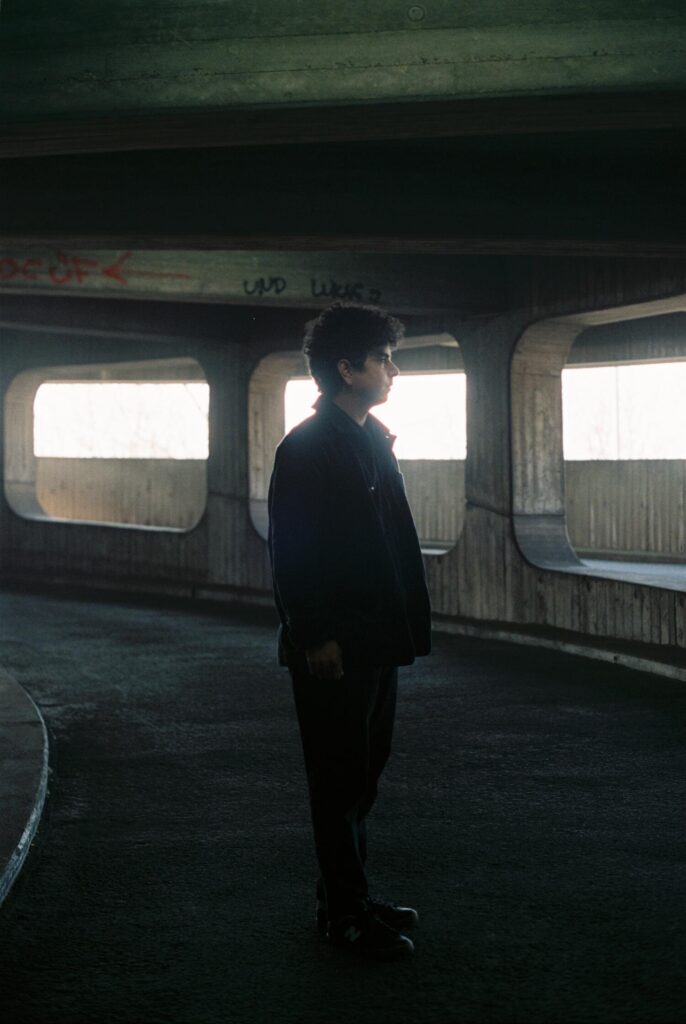
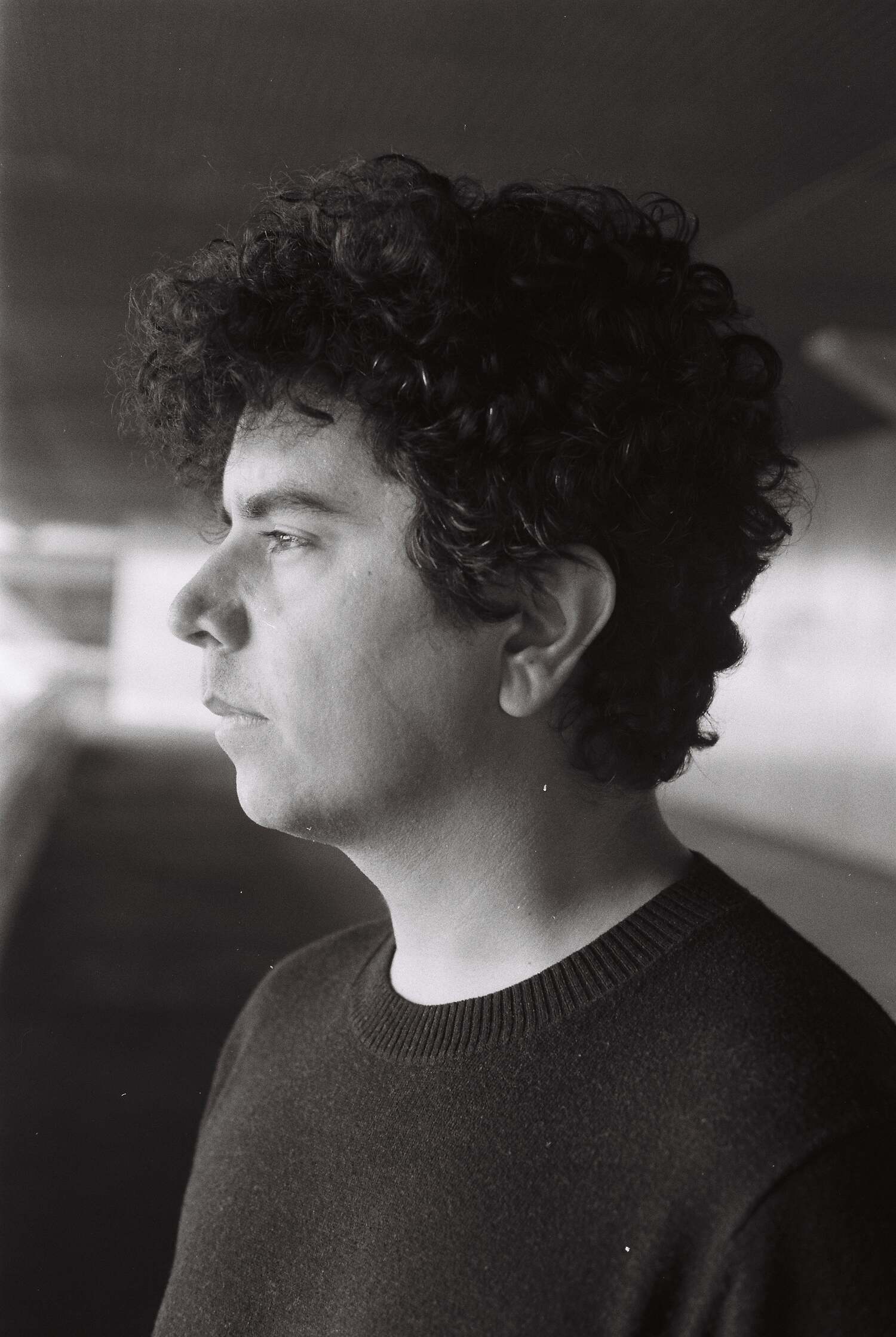
What other non-musical artistic influences do you have?
Film is probably just as important to me as music. I’ve always been drawn to older cinema. Paul Newman, Robert Mitchum, and directors like Polanski, Cassavetes, Robert Altman, and Fritz Lang.
I’m obsessed with films from the ’50s and ’60s, especially Antonioni and Tarkovsky. A few I keep returning to are:
- The Long Goodbye
- The Seventh Victim
- The Last Picture Show
- Easy Rider
- Chinatown
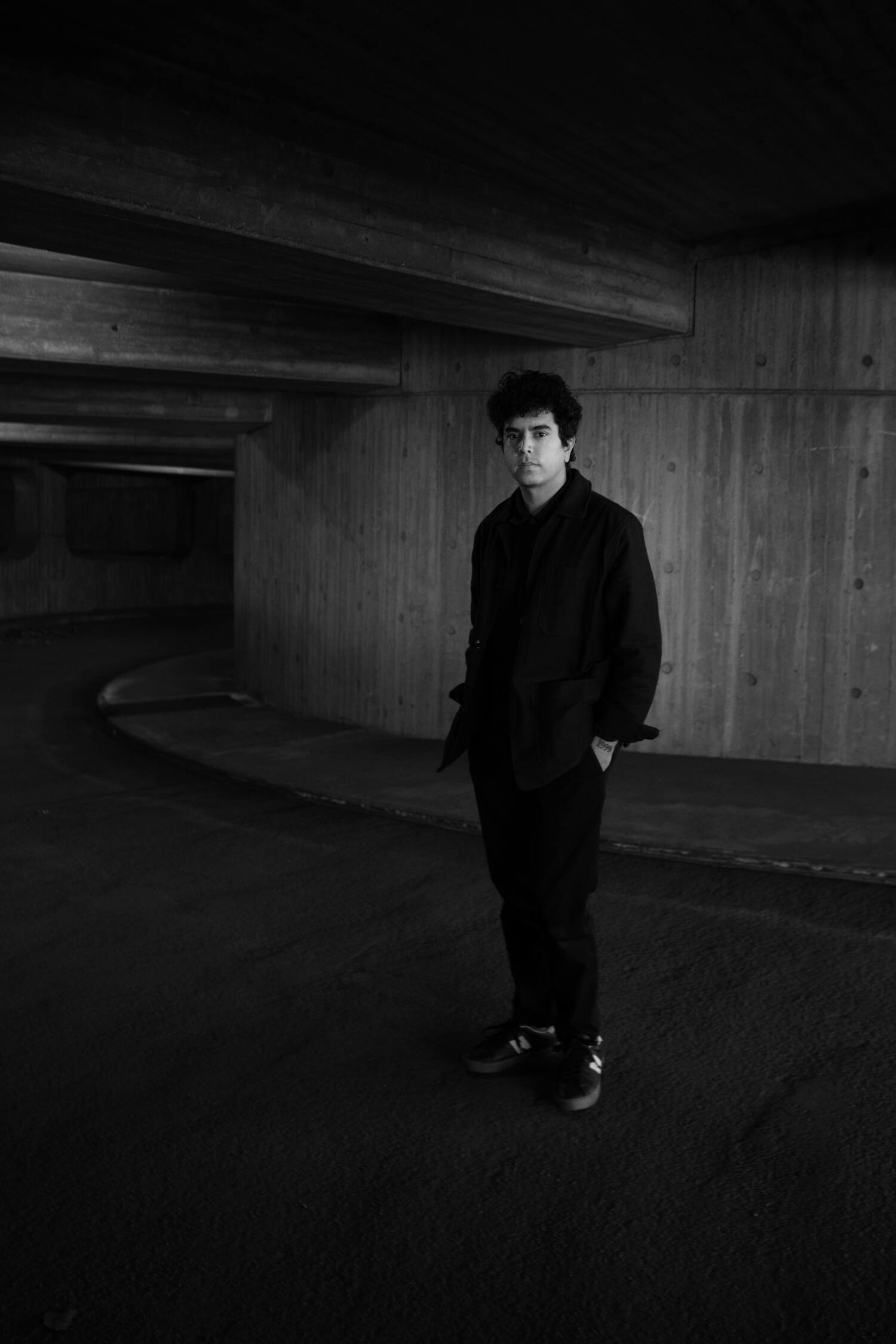
How long have you lived in Los Angeles? What’s the current state of its party culture?
It’s been about eight years now. The scene here is definitely fun and has its own personality. Since bars and clubs close around 2 a.m., a lot of things continue in warehouses, which are honestly way more interesting. The music is usually less commercial and the vibe feels more underground.
Still, it is a little frustrating that everything shuts down so early, it makes the city feel small sometimes. I’m not a party animal or anything, but I wish I could go out late on a weekday if I felt like it.
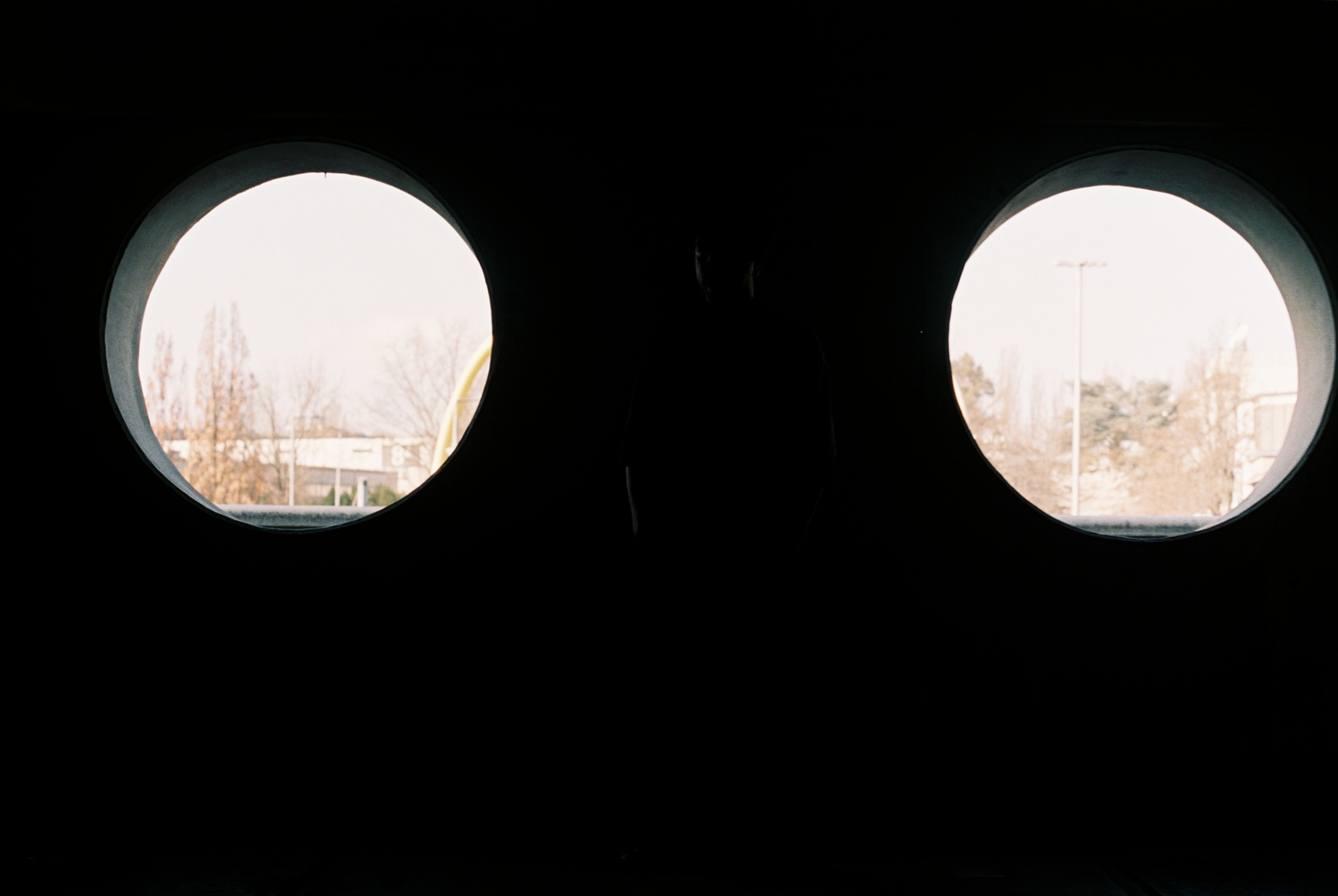
I love how Mexico City does it. Parties all over the city, often in unexpected places. One of the most memorable shows I played was in an old women’s prison. There were great international and Mexican artists there, and the space was wild. That kind of stuff inspires me.
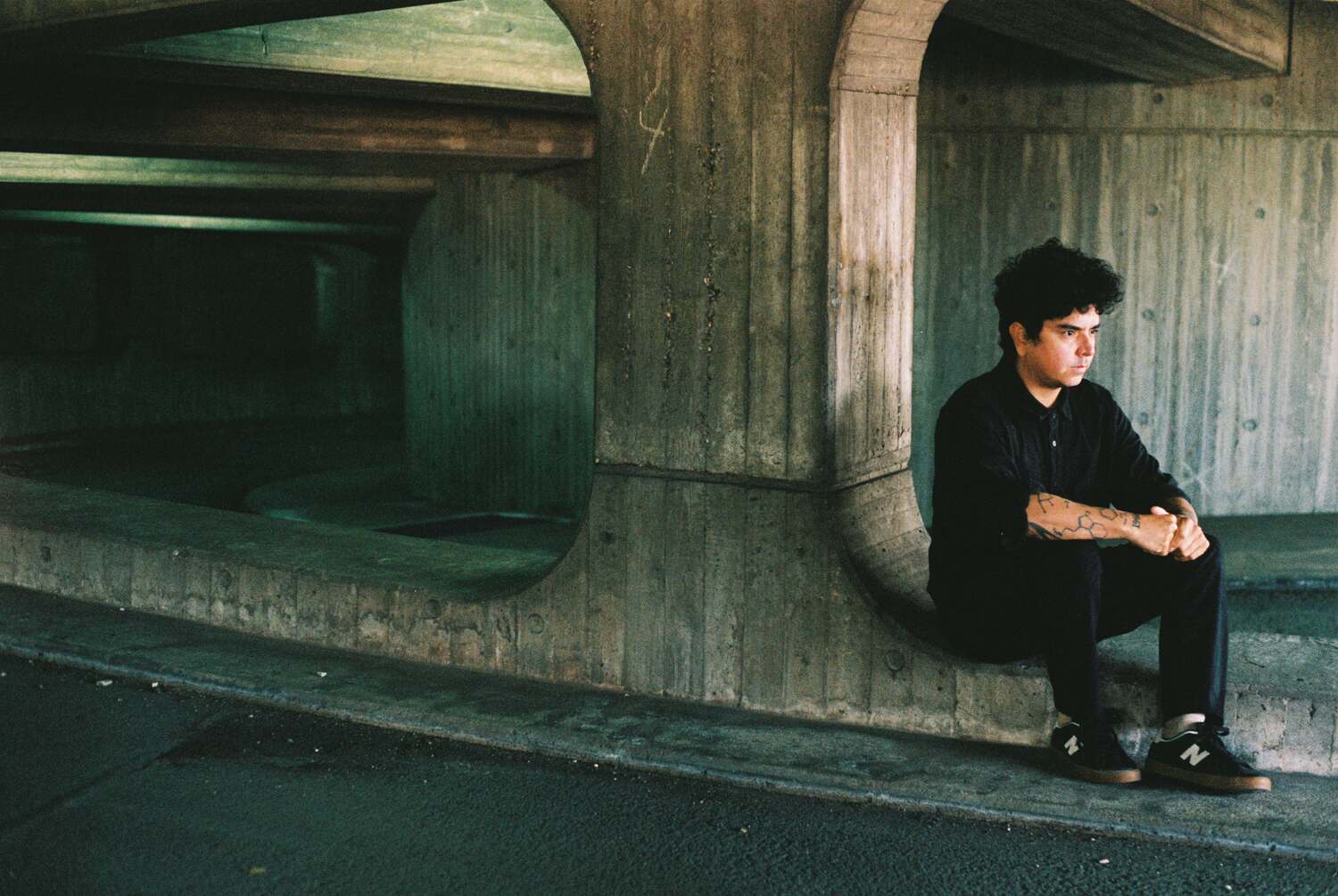
Do you have a like-minded production/DJ crew that you hang with in Los Angeles?
Yeah, absolutely. There are so many great artists living in LA right now, and I pull a lot of inspiration from them. It’s not just DJs, it’s bands, visual artists, all kinds of creatives. There’s something special about the mix of people here.
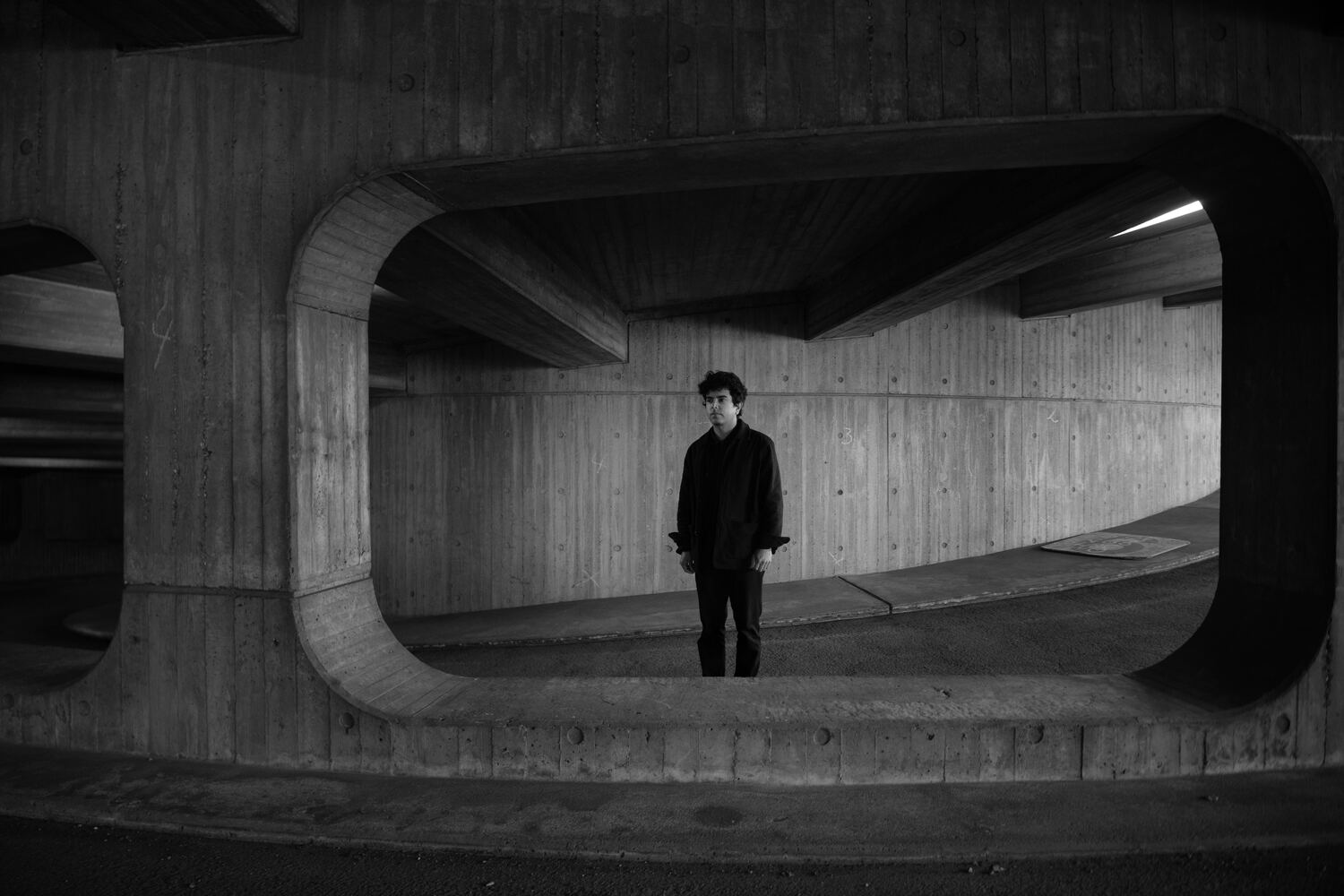
In January you wrote “Hopefully this year nobody thinks I’m a DJ anymore.” Regardless if this comment was mainly in jest, in what ways do you suspect the reception of your live performance would be different if most people recognized that you’re not a DJ?
It was a joke… but with some truth in it.
Honestly, for most of the crowd, I don’t think it makes a huge difference, especially at clubs or warehouse shows. People are there to hear something good, and if it sounds good, that’s what matters.
That said, I used to play a lot more in DJ-oriented settings, so I get why the confusion is there. But the people who care or who are really paying attention, they know I’m doing something different. I’m not saying live sets are better than DJing, they are just two different approaches.
In your last live set in Berlin, you had an Elektron Syntakt + Digitakt alongside an Erica Synths Bassline and Electro-Harmonix Vocoder. What are the upsides and downsides of this setup so far?
I love experimenting live, so gear like that makes things really fun and dynamic. But traveling with hardware is a nightmare sometimes. Things get worn out or break.
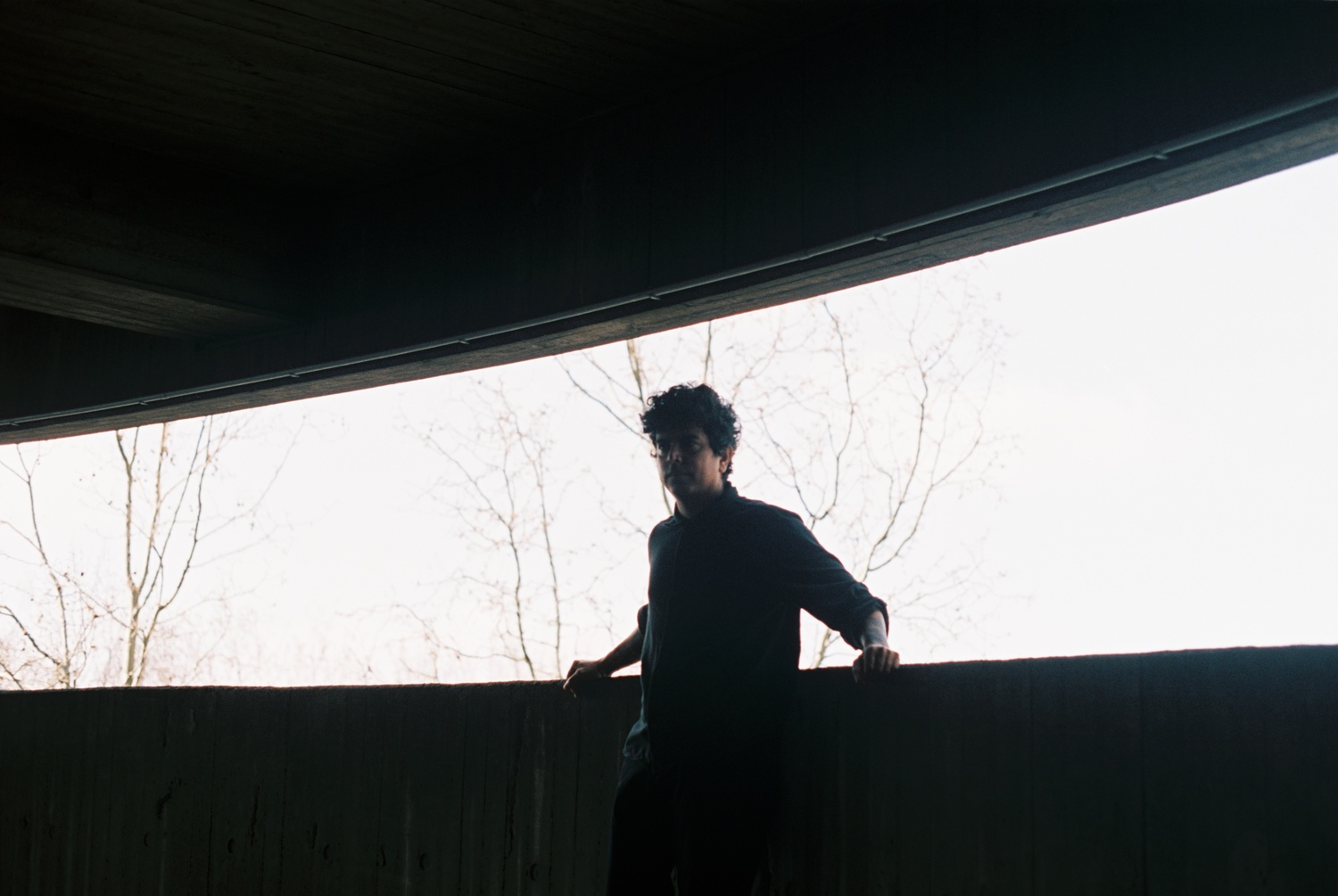
There are nights when the set doesn’t go as tight as I’d like. When a machine doesn’t turn on or something stops working, it can be really stressful. That’s why I always try to have backups. Almost all the gear I bring works independently, so if one thing fails, I can pivot.
It’s a worst-case-scenario mindset, but it’s happened to me before and it’s rough.
Speaking of which, Elektron gear is notorious for its complexity and finger gymnastics required for accessing various parameters. How deep do you dive into Elektron’s unique sequencing tricks that add spice and variation such as parameter locks, trigs and other modifiers?
I definitely use a lot of those tricks, they are essential for me. Since I play alone, I need that flexibility to keep things from sounding too rigid. I’m not a drummer, so I have to think like one if I want the rhythm to stay interesting.
That said, I’m still working on getting deeper into what Elektron gear can do. I also rely on other machines like the Roland TR-8 and some tape gear, like the Tascam 414. So I haven’t unlocked the full potential of Elektron just yet, but I’m getting there.
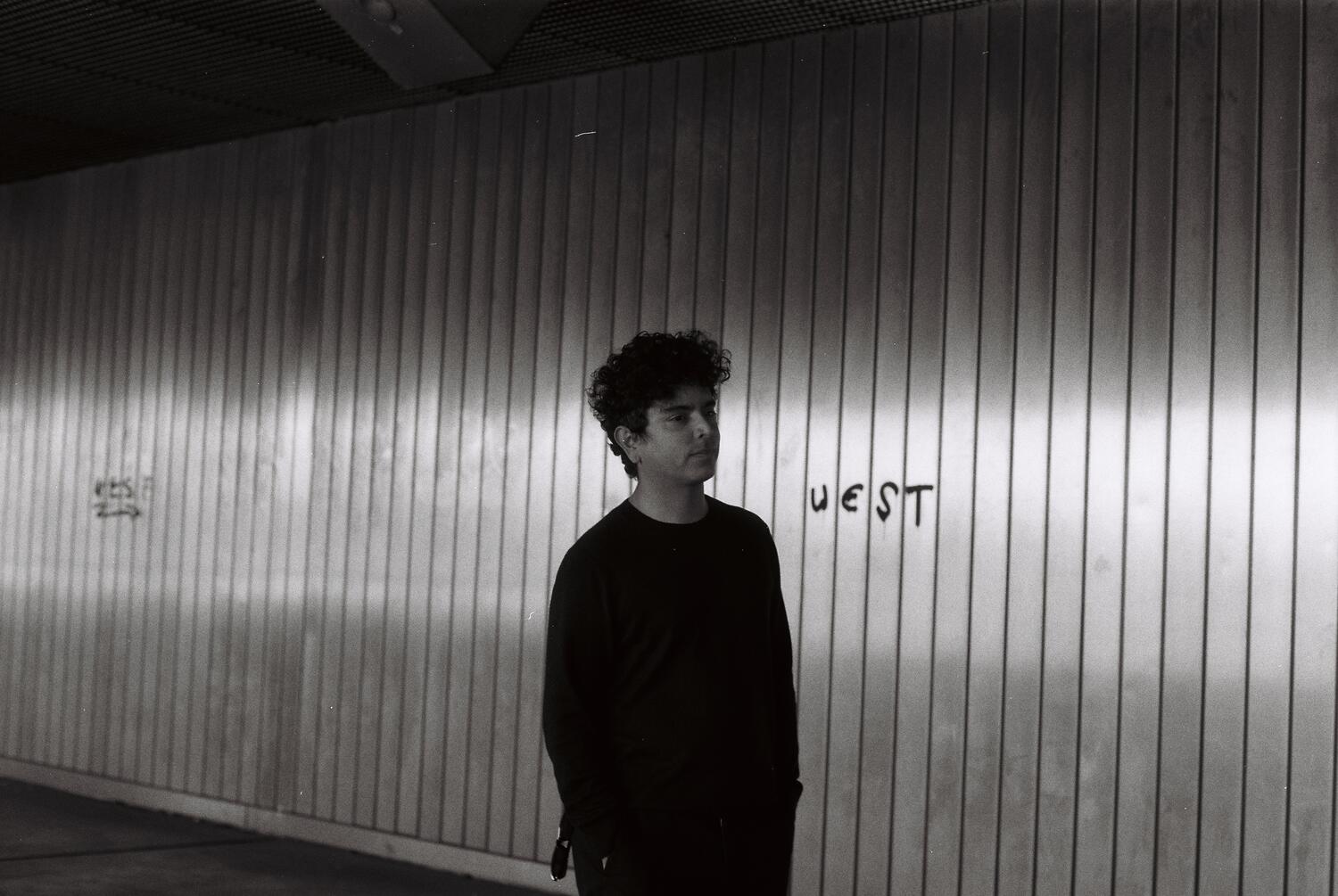
What’s your approach to improvisation in your live performance? And on the flip-side, what kind of things do you prefer to automate?
I used to improvise a lot more, but these days I like to stay closer to the structure of my records. I usually automate the drums, which frees me up to play around with vocals, basslines, or textures during the performance.
Every live set still ends up sounding a little different. I’m limited by what I can physically travel with so I can’t always bring hands-on gear like a proper drum machine or something bigger like an MS-20. I adapt to the setup and the moment.
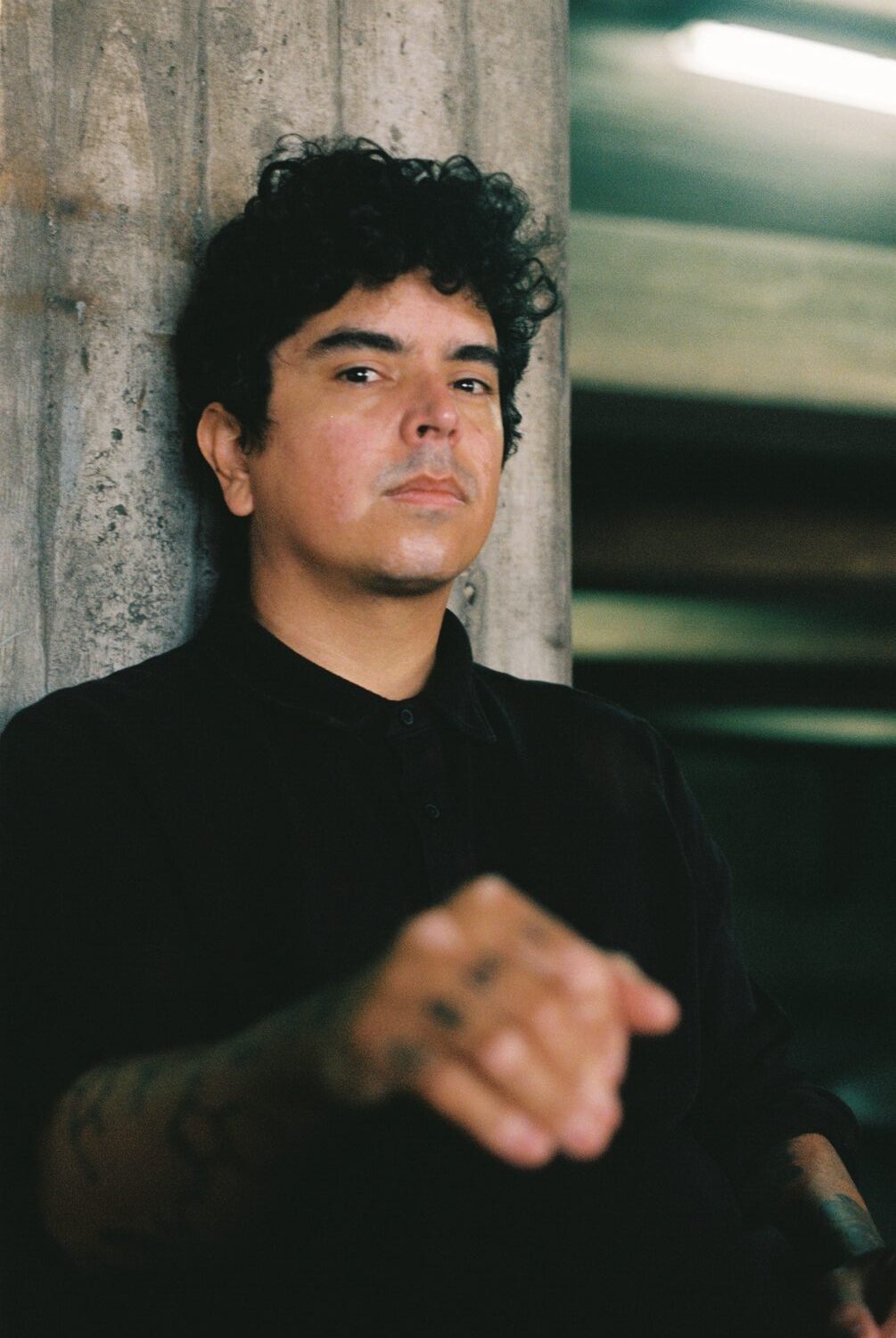
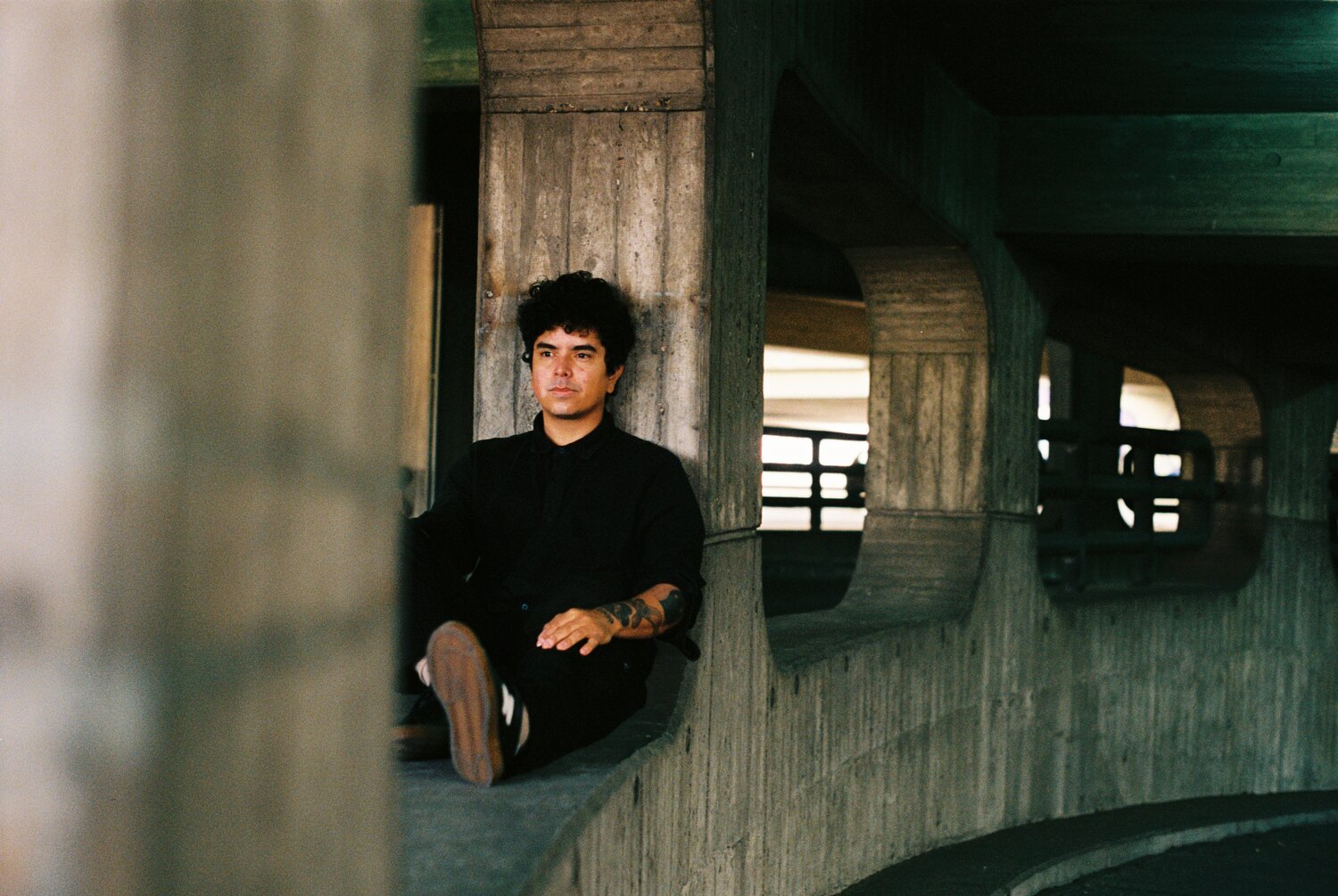
Have you ever performed or considered performing in Asia?
I’ve played throughout Europe and Latin America, but yeah, Asia is long overdue. I really hope to play in South Korea and Japan soon.
Check Machino on Instagram and Soundcloud.
Photos by KEYI STUDIO
More music content here.
Preorder our latest edition here featuring Jella Haase on the cover & more.
Discover more fashion content here.
